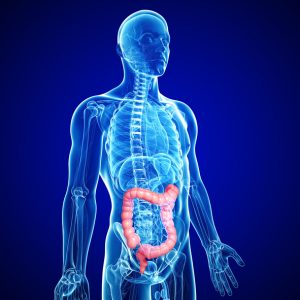
Diverticula themselves do not cause many problems, but once the condition progresses into diverticulitis, it can be quite severe, leading to pain, nausea, and changes to bowels.
Complications of diverticulitis
Rectal bleeding: Nearly 15 percent of diverticular disease patients will experience bleeding. In 70 to 80 percent of these cases, the bleeding will resolve on its own. If bleeding does not resolve on its own, an emergency blood transfusion is necessary along with hospitalization.
Peritonitis: This is inflammation of the peritoneum, which is the membrane lining the inner abdominal wall. Symptoms of peritonitis include severe abdominal pain, fever and chills, nausea, vomiting, and bloating. Peritonitis can turn into a life-threatening condition if the bacteria causing it spread throughout the body.
Abscess: Abscess is a common complication in diverticulitis, forming on the outside of the colon. A pus-filled lump, abscess is often treated through drainage.
Fistulas: Also quite common in diverticulitis, a fistula is an abnormal passage that connect two parts of the body together, such as the intestine and abdominal wall, for example. When infected tissues come into contact with each other, they stick together, and once they heal, a fistula forms. Fistulas can be a serious condition, as the bacteria from the large intestine can travel to other parts of the body. As a rule, fistulas are surgically treated.
Intestinal obstruction: Scarring of the intestine can lead to an obstruction or even a total blockage. A bowel blockage is a medical emergency because the intestinal tissue begins to decay and split, contributing to peritonitis.
Urinary problems: When the inflamed bowel comes into contact with the bladder, urinary problems may arise. Urinary problems brought on by diverticulitis include pain when urinating, higher frequency in urination, and in rare cases, air in the urine.
If you have diverticulitis, you should get an appropriate treatment for your condition in order to reduce your risk of complications. Although these complications are treatable, if neglected, they can turn into life-threatening conditions.